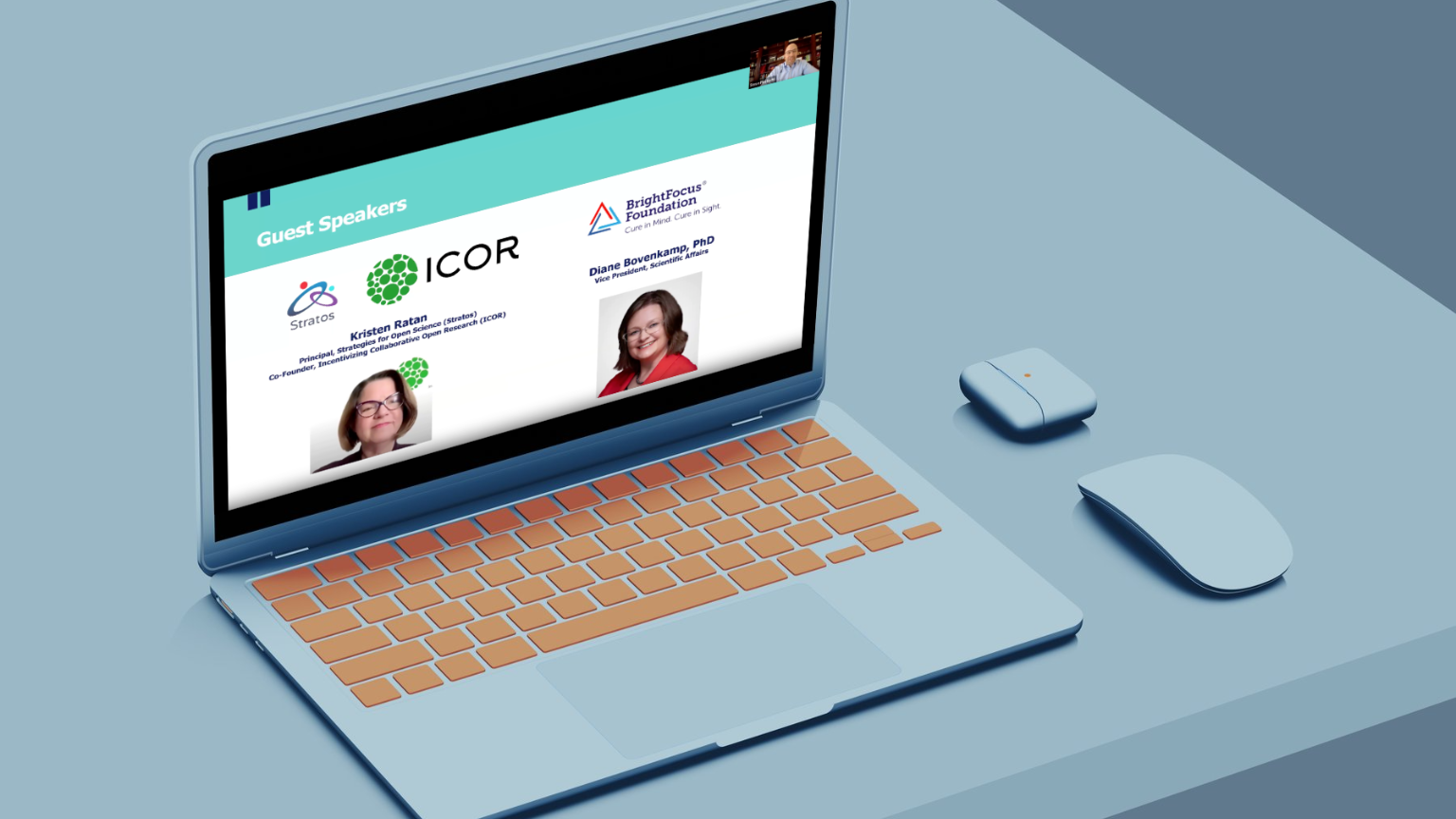We recently participated in a valuable webinar discussion facilitated by the ORCID team to dig deeper into the tool’s integration functionality in ProposalCentral, and to hear firsthand how the American Heart Association takes advantage of the resulting synthesis the integration creates.
On the ORCID side, the discussion was facilitated by Shawna Sadler, Engagement Manager, Outreach & Partnerships, and Kimberly Inniger, Events & Outreach Specialist.
Our own Christine Smith, Director of Product Operations at Altum, provided a valuable summary of ORCID’s seamless integration with the Altum product suite. And we heard from Belinda Orland, National Senior Director Research & Grant Administration at the American Heart Association. Belinda oversaw the AHA’s implementation of ProposalCentral in 2020, and continues to engage in ongoing work through that platform.
Before we dig in, let’s start from the top. What’s ORCID?
ORCID is a nonprofit organization that provides a persistent digital identifier (an ORCID iD) that each researcher individually owns and controls, and that distinguishes them from every other researcher.
You can connect your iD with your professional information—affiliations, grants, publications, peer review, and more. And you can use your iD to share your information with other systems—in this case, Altum.
For more information about adding ORCID and optimizing your ProposalCentral profile, visit our ProposalCentral overview page:
ProposalCentral for Funders
Let’s dive into some key takeaways from the webinar:
- Altum is comprehensive and strategic in its approach to integrations. You can seamlessly coordinate all of your grant-making activities into one platform with one login—and we’re continually refining our affiliations and integrations to optimize the way Altum products cooperate with the broader scientific research landscape and workflows.
- ORCID is incredibly easy to implement, whether you’re a funder, a researcher, or a reviewer. It’s a two-way integration, to you can push persistent context from ORCID through to Altum products, as well as the other way from Altum over to ORCID.
Christine shared the most valuable benefits of the integration:
- Easy to Use
- Empowers Reuse of Data (Minimizes Data Entry)
- Optimizes Impact Reporting (See the Full Picture)
- The American Heart Association has seen momentous progress with its implementation of ORCID in ProposalCentral. Since joining ProposalCentral in 2020, the AHA was quick to add ORCID iD collection as a requirement. And by treating ORCID as a requirement, they have seen 98.5% of all active awardees start using ORCID, 94% of whom have specifically designated the AHA’s usage and trust.
- Following the overview context provided by Christine and Belinda, the group engaged in some Q&A. Perhaps one of the most interesting discussion areas was a focus on how US Federal funders are starting to evaluate and adopt their own PID (Persistent Identifier) policies. The AHA has been a leader in integrating ORCID into its grant-making workflow so far, so they’re a trendsetter ahead of national policy.
- Ultimately, the most important takeaway from this dialogue centered on the long-term results that ORCID empowers. When researchers adopt ORCID throughout their activities, we can begin to track, contextualize, and showcase the long-term impact a particular researcher or publication has on the broader research landscape.
It’s our privilege to help organizations achieve their missions so that they can make an even larger positive impact on the world—and with ORCID’s integration for Altum, we can see that impact more clearly than ever before.




